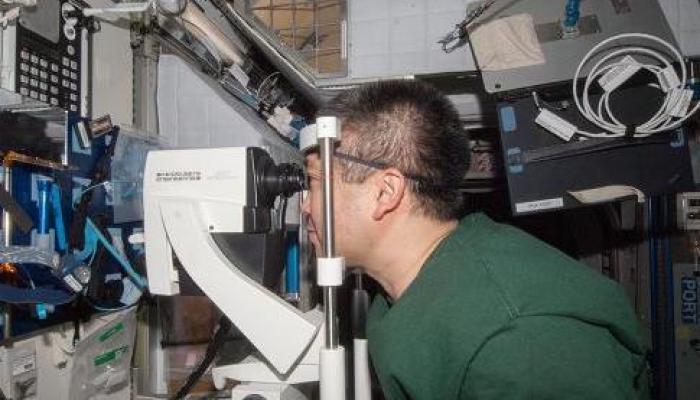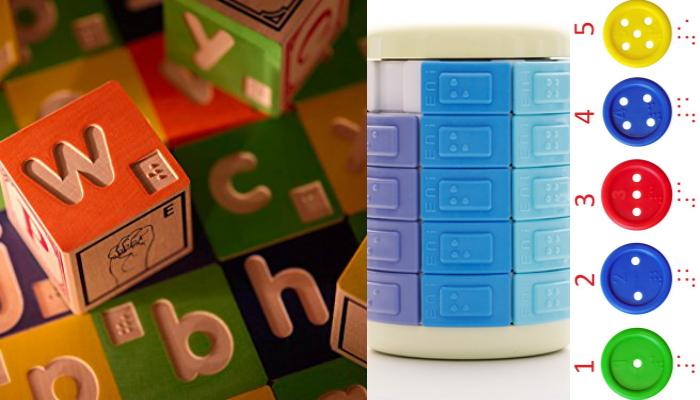New Developments in Treatments for Blindness

The future is looking bright for people with several forms of vision loss. A number of new treatments and technologies are helping to bring eyesight back into focus. Let’s take a look:
Second Sight’s Argus II: This is an artificial retina that has an array of electrodes on its surface. A miniature camera mounted on a pair of glasses takes images and converts them into electrical images that are transmitted to the electrodes on the retina, ultimately stimulating any cells remaining on the retina so the brain can translate these into images. This is currently moving forward in the UK. Sounds like science fiction, but in fact is very similar to cochlear implant technology to help with hearing impairment.
Bionic Vision Australia: In this version, the electronics are housed in a backpack attached to a wire from behind the patient’s ear; they’re working on a fully implantable version. But it works similarly to the Argus II, taking electrical impulses to stimulate the retina.
Israel’s VisionCare: Designed to treat end-stage age-related macular degeneration, this is an implantable miniature telescope the size of a pea. It reduces the blind spot by enlarging the images and projecting onto the unaffected areas of the retina; it’s currently approved by the US Food and Drug Administration.
Advanced Cell Technology: This group is working to resolve dry age-related macular degeneration by implanting retinal pigment epithelial cells; in trials, this improved one person’s vision enough to qualify to drive.
Google Contact Lenses: As cool as this technology is, Google is also working on a contact lens that helps diabetics to keep their glucose under control.
Lasik Xtra: In this next-generation version of Lasik, the cornea’s collagen fibers are strengthened with riboflavin drops, leading to a better long-term outcome.
Science-wise, there’s a lot going on to help people with vision issues. To read more about advances in eye technology, go here.
Related Posts

Eye Conditions and Syndromes, Visual Impairment
Neuralink Announces Plans to Restore Sight to the Blind with Brain Chip
Elon Musk’s company Neuralink has announced plans to begin human trials of its new “Blindsight” brain chip by the end of 2025.

Visual Impairment
The Gift of Understanding: How a Young Child Helps His Blind Father Navigate Life
When a parent is blind, it’s natural for people to wonder how their sighted child will adapt. Will they struggle to understand their parent’s needs? Will they feel burdened by...

Braille and Literacy, Toys, Visual Impairment
24 Braille Toys for Kids Who are Blind
Everything from alphabet blocks to raised line coloring pages and activity books to puzzles to card and board games... and so much more! And it's all in braille ready for...